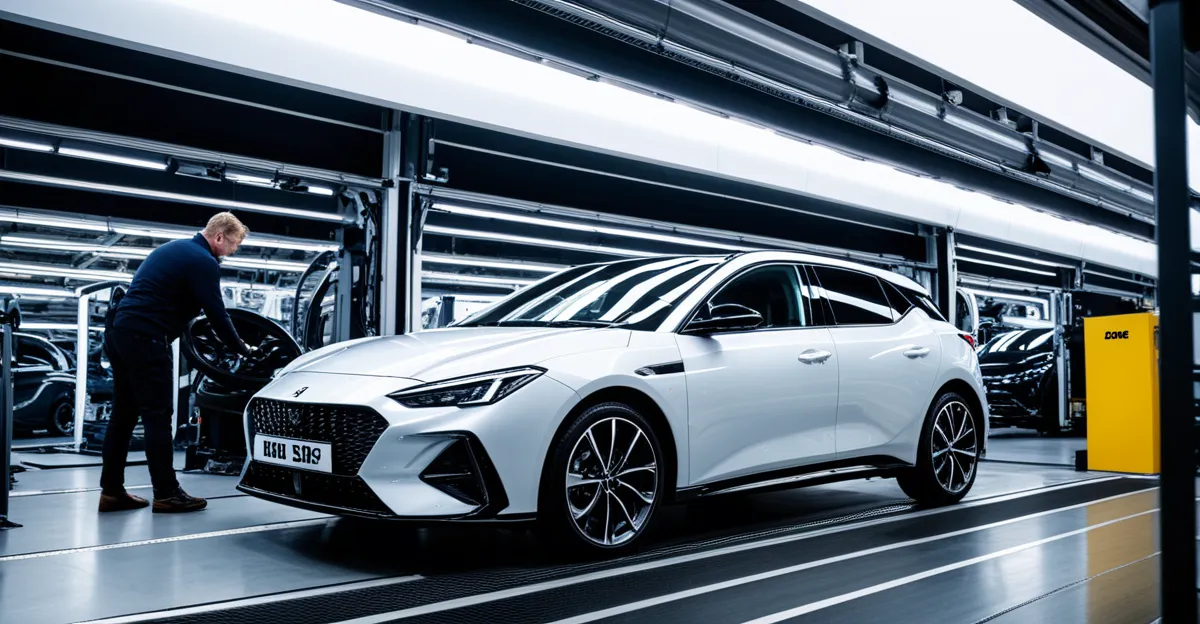Overview of Major Challenges Facing the UK Automotive Industry
The UK automotive industry challenges are multifaceted and pivotal for the sector’s resilience. A critical hurdle is the electrification shift, which demands significant investments in new technologies and production lines geared towards electric vehicles (EVs). This transition affects manufacturers’ strategy around R&D and workforce skills, putting pressure on traditional combustion engine supply chains.
Further complicating the landscape are persistent supply chain disruptions. Global chip shortages and material scarcities have slowed production, exacerbated by logistical delays. The Brexit impact cannot be overstated; new customs procedures and trade barriers have introduced complexities in cross-border parts movement, increasing costs and lead times. These factors collectively challenge the industry’s competitiveness on a global scale.
Also to read : How Will Electric Vehicles Transform the Landscape of UK’s Automotive Industry?
Regulatory changes add another layer of difficulty. The UK government’s stringent emissions targets and evolving safety standards require continual adaptation. Compliance means manufacturers must navigate a dynamic policy environment that balances environmental goals with economic viability. Successfully addressing these challenges is crucial for the UK automotive sector’s future sustainability and growth.
Strategic Adaptations by Manufacturers and Policymakers
Manufacturers in the UK automotive industry strategy are rapidly evolving to address the pressing challenges of electrification and supply chain disruptions. Many are increasing R&D investment to develop advanced electric vehicle (EV) technologies and redesign production lines for EV manufacturing. These adaptations extend to workforce skills development, equipping employees with expertise in battery technology and software integration essential for next-generation vehicles.
Topic to read : How is the UK automotive sector responding to autonomous vehicle technology?
Government automotive policies play a pivotal role, offering funding incentives and regulatory frameworks that encourage clean technology adoption. For example, grants for EV production and subsidies for purchasing electric cars aid demand stimulation. Policymakers also focus on supporting supply chain resilience through trade facilitation measures to counteract Brexit impact and global shortages.
Industry collaboration forms another cornerstone of the adaptation strategy. Public-private partnerships and industry alliance programmes promote technology sharing, standardisation, and coordinated responses to challenges. These collaborative efforts leverage resources and expertise to strengthen the sector’s competitiveness amid a complex and evolving automotive landscape. Together, such multifaceted manufacturer adaptations and government policies underscore a proactive approach to securing the UK automotive industry’s future.







